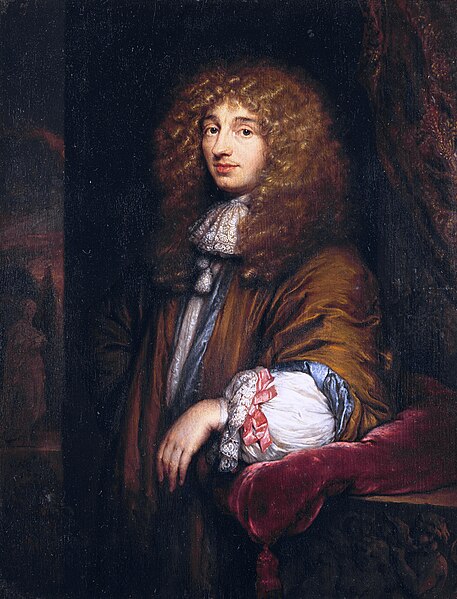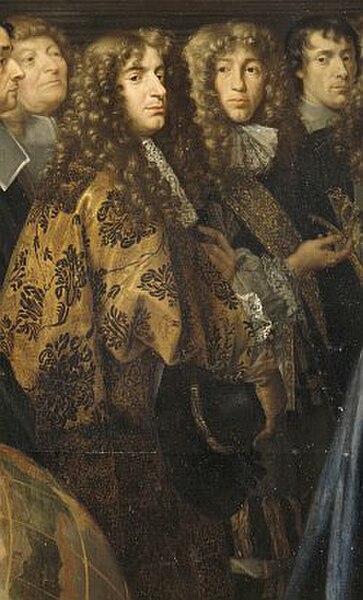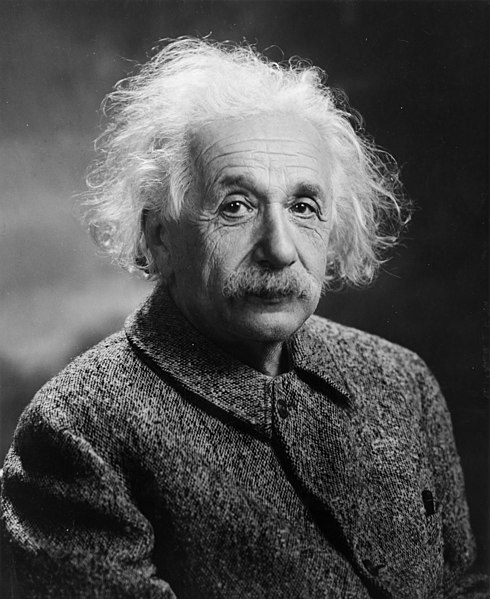Christiaan Huygens, Lord of Zeelhem, was a Dutch mathematician, physicist, engineer, astronomer, and inventor who is regarded as a key figure in the Scientific Revolution. In physics, Huygens made seminal contributions to optics and mechanics, while as an astronomer he studied the rings of Saturn and discovered its largest moon, Titan. As an engineer and inventor, he improved the design of telescopes and invented the pendulum clock, the most accurate timekeeper for almost 300 years. A talented mathematician and physicist, his works contain the first idealization of a physical problem by a set of mathematical parameters, and the first mathematical and mechanistic explanation of an unobservable physical phenomenon.
Huygens by Caspar Netscher (1671), Museum Boerhaave, Leiden
Christiaan Huygens, relief by Jean-Jacques Clérion (c. 1670).
Huygens, right of centre, from L'établissement de l'Académie des Sciences et fondation de l'observatoire, 1666 by Henri Testelin (c. 1675).
Hofwijck, Huygens's summer home; now a museum.
A physicist is a scientist who specializes in the field of physics, which encompasses the interactions of matter and energy at all length and time scales in the physical universe. Physicists generally are interested in the root or ultimate causes of phenomena, and usually frame their understanding in mathematical terms. They work across a wide range of research fields, spanning all length scales: from sub-atomic and particle physics, through biological physics, to cosmological length scales encompassing the universe as a whole. The field generally includes two types of physicists: experimental physicists who specialize in the observation of natural phenomena and the development and analysis of experiments, and theoretical physicists who specialize in mathematical modeling of physical systems to rationalize, explain and predict natural phenomena.
Albert Einstein, a key theoretical physicist in the 20th century who developed the theory of relativity and parts of early quantum theory
In an 18th-century experiment in "natural philosophy" (later to be called "physics") English scientist Francis Hauksbee works with an early electrostatic generator.
Experimental physicists at work at the accelerator laboratory of the University of Jyväskylä (Finland)







